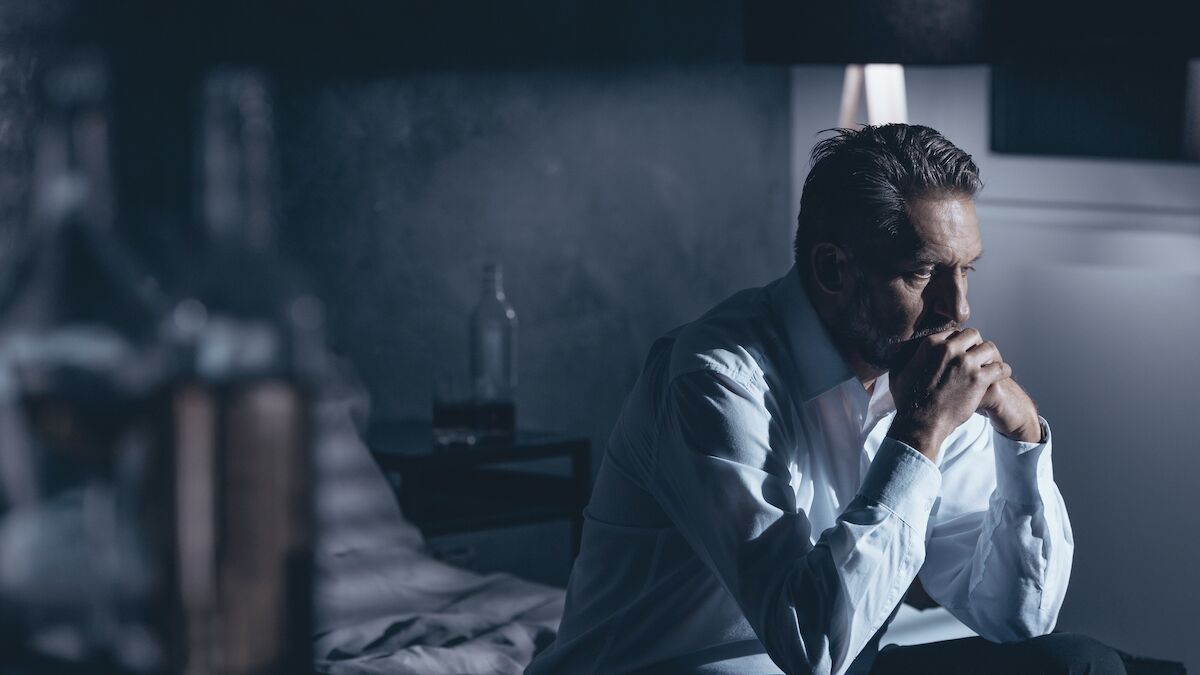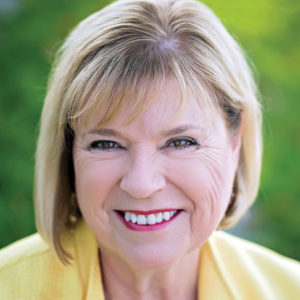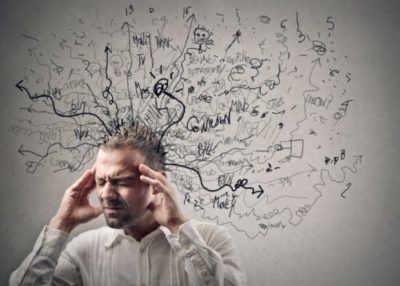Today’s guest is Dr. Margaret Wehrenberg. Dr. Wehrenberg is a clinical psychologist in Naperville, Illinois. She is the author of six books on the treatment of anxiety and depression published by W.W. Norton, including, “The Ten Best-Ever Depression Management Techniques: Understanding How Your Brain Makes You Depressed and What You Can Do to Change It” and “Anxiety + Depression: Effective Treatment of the Big Two Co-Occurring Disorders.” An international trainer of mental health professionals, Dr. Wehrenberg coaches people with anxiety via the internet and phone. She’s a frequent contributor to the award-winning magazine, Psychotherapy Networker and she blogs on depression for the magazine Psychology Today.
Dan:
What is the difference between sadness and depression and why do people confuse the two so often?
Dr. Wehrenberg:
Because depression comprises sadness. Sadness is a response to a specific situation in which we usually have some kind of loss. The loss of a self-esteem, a loss of a loved one, the loss of a desired goal. Depression is really more about the energy – whether it’s mental energy or physical energy – to make an effective response. So, sadness is an appropriate and transient emotion, but depression sticks around and affects all of our daily behaviors and interactions.


















